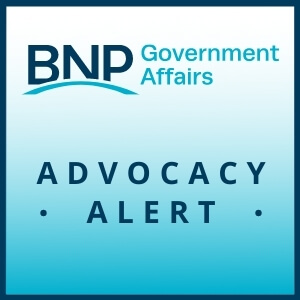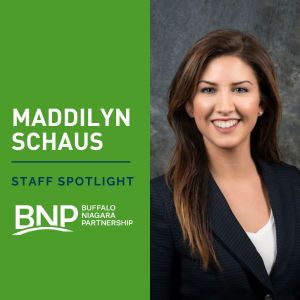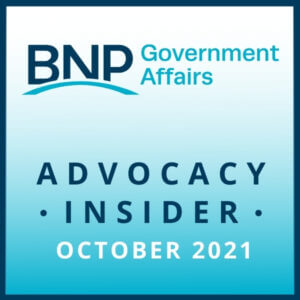Empire Center: Single Payer “Sticker Shock”
Blog Categories
March 17, 2022
A new report from the Empire Center for Public Policy details how expensive a single payer healthcare system would be in New York. The full report is available here.
The report notes that the New York Health Act (NYHA) would radically reform New York’s tax structure. The bill calls for a “progressively graduated” tax on both income and payroll; however, the exact rates are not specified in the legislation. This is, in part, because the bill sponsors are also unaware of how much revenue the state would need to finance a single payer healthcare system. However, the latest estimate by the RAND Corporation is that New York would need an additional $157 billion in revenue to operate a single payer system. By removing cost controls, this number could grow.
Raising this revenue would require the largest tax increase in history. The report estimated that, to raise the needed revenue, the top tax rate would increase to 36% — which would be three times the top rate in California, the state with the second highest tax rate. New York would become an extreme outlier in taxes.
NYHA advocates claim that while taxes would increase under the NYHA, premiums would lower, leading to a net savings for many New Yorkers. The RAND Corporation estimates that such a tax structure would mean 65% of New Yorkers end up saving money, 4% pay about the same, and 31% see additional costs. Although this may appear more progressive initially, the report notes that NYHA would add significant incentives for outmigration, especially among top earners and high-producing businesses. Losing top taxpayers would shift more of the cost burden onto middle and lower income families, eliminating the bill’s intended benefit.
In years where healthcare costs increase or state revenues decrease, taxpayers would face significant pressure and additional tax hikes to keep the NYHA system solvent.
Lastly, the report notes that the NYHA would cause concern for doctors and medical providers, who would experience income changes that may repel them from New York.
The report details the concerns that the BNP and employers have raised since the NYHA was introduced three decades ago. The NYHA would dramatically increase taxes for many businesses and families, create incentives for outmigration, and discourage medical professionals from practicing in our state.
Read the full report here, and take action on this issue here.
Related Posts
10.15.21 Advocacy Alert: NYS Dept. of Labor Releases New Adult Use Cannabis & the Workplace Guidance
The New York State Department of Labor (DOL) released a guide to help employers answer questions related to the new Marijuana Regulations and Taxation Act (MRTA). Earlier this year, the MRTA officially designated cannabis as both a legally consumable product and a lawful recreational activity for adults.
10.13.21 Advocacy Alert: Canadian Border to Open in November
Late last night, U.S. officials announced plans to reopen the U.S. border to vaccinated, non-essential travelers from Canada and Mexico beginning in early November.
The administration told reporters last night that it does not plan to require vaccinated travelers to present a negative COVID-19 test, a notable difference from Canada’s policy for American travelers.
Staff Spotlight: Meet Maddilyn Schaus
Maddilyn Schaus is a familiar face at the BNP. After working for BNP previously, Maddilyn left to work in government before returning to us. We are excited to welcome Maddilyn back as our Manager, Workforce Development, and our latest staff spotlight!
BNP Advocacy Insider – October 2021
The October 2021 Advocacy Insider is a roundup of important issues we are monitoring that could you and your business.




